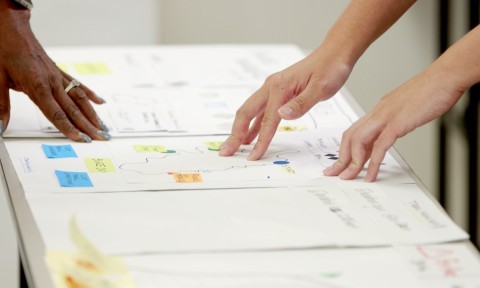April is here. Wall Street Prep comes to campus APRIL 20th and 21st – Financial & Valuation Modeling Workshop.
Space is limited so register today – https://www.wallstreetprep.com/seminars_university/colby-college-042224/
This industry leading workshop will prepare you for the actual modeling you’ll do in many banking roles.
Please sign up for either or both today.














